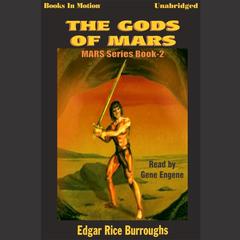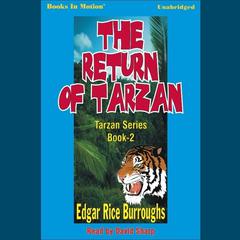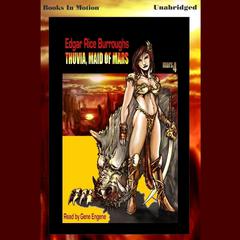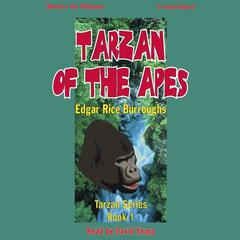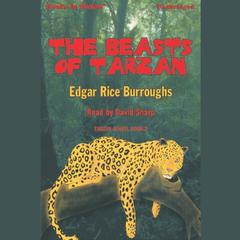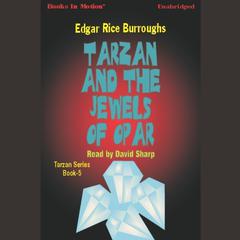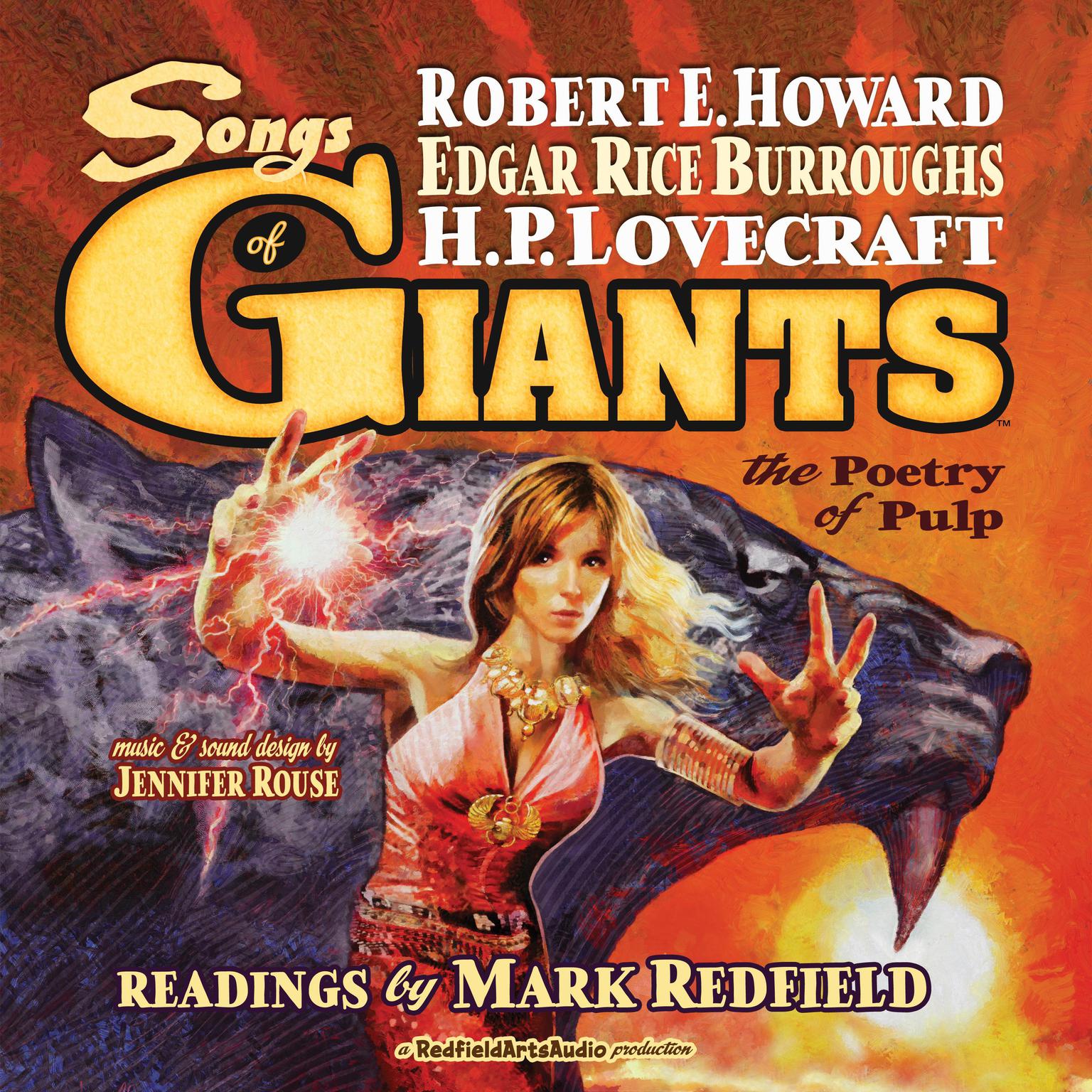 Play Audiobook Sample
Play Audiobook Sample
Songs of Giants: The Poetry of Pulp Audiobook
 Play Audiobook Sample
Play Audiobook Sample
Quick Stats About this Audiobook
Total Audiobook Chapters:
Longest Chapter Length:
Shortest Chapter Length:
Average Chapter Length:
Audiobooks by this Author:
Publisher Description
A collection of eclectic poetry penned by three kings of Pulp fiction from the 1930s.
“Songs of Giants: The Poetry of Pulp” is a collection of 26 poems by writers H.P. Lovecraft, Edgar Rice Burroughs, and Robert E. Howard. Inspired by the illustrated book of the same name by artist Mark Wheatley. The poetry is read by Mark Redfield with a full orchestrated score and sound design by Jennifer Rouse to compliment the theme and dramatic feel of each poem.
CREDITS:
Original music and Sound Design: Jennifer Rouse
Narrated by Mark Redfield
“Songs of Giants” is a trademark of Mark Wheatley and the content is copyright mark Wheatley, except where noted. All Rights Reserved. All artwork is copyright Mark Wheatley. All Rights Reserved. Used by permission. Robert E. Howard is a trademark of Robert E. Howard Properties, Inc.
“My Mother Was a Wild Cat”, “The Passing o’ My Pal Bill”, and “I Stood at the Bar” are all from “The Bandit at Hell’s Bend” by Edgar Rice Burroughs. Copyright Edgar Rice Burroughs, Inc. All rights reserved. Trademark Edgar Rice Burroughs owned by Edgar Rice Burroughs, Inc. and used by permission.
This audio recording of “Songs of Giants: The Poetry of Pulp”, vocal and original music, is copyright The Mark Redfield Company. All rights reserved.
Download and start listening now!
Songs of Giants Listener Reviews
Be the first to write a review about this audiobook!
About the Authors
Edgar Rice Burroughs (1875–1950), born in Chicago, was educated at Michigan Military Academy and served briefly in the US Cavalry. He began writing while working as a pencil-sharpener salesman, publishing his first piece in 1912 to great success. He authored numerous science fiction and fantasy series but is most famous for his Tarzan books; the suburb of Los Angeles where he lived eventually became known as Tarzana.
Robert E. Howard (1906–1936) was an American author who wrote pulp fiction in a diverse range of genres. He is well known for his character Conan the Barbarian and is regarded as the father of the sword and sorcery subgenre. Born and raised in the state of Texas, Howard spent most of his life in the town of Cross Plains.
H. P. Lovecraft (1890–1937) was an American author who achieved posthumous fame through his influential works of horror fiction. Virtually unknown and only published in pulp magazines before he died in poverty, he is now regarded as one of the most significant twentieth-century authors in his genre. He was born in Providence, Rhode Island, where he lived most of his life. His relatively small corpus of work consists of three short novels and about sixty short stories.





